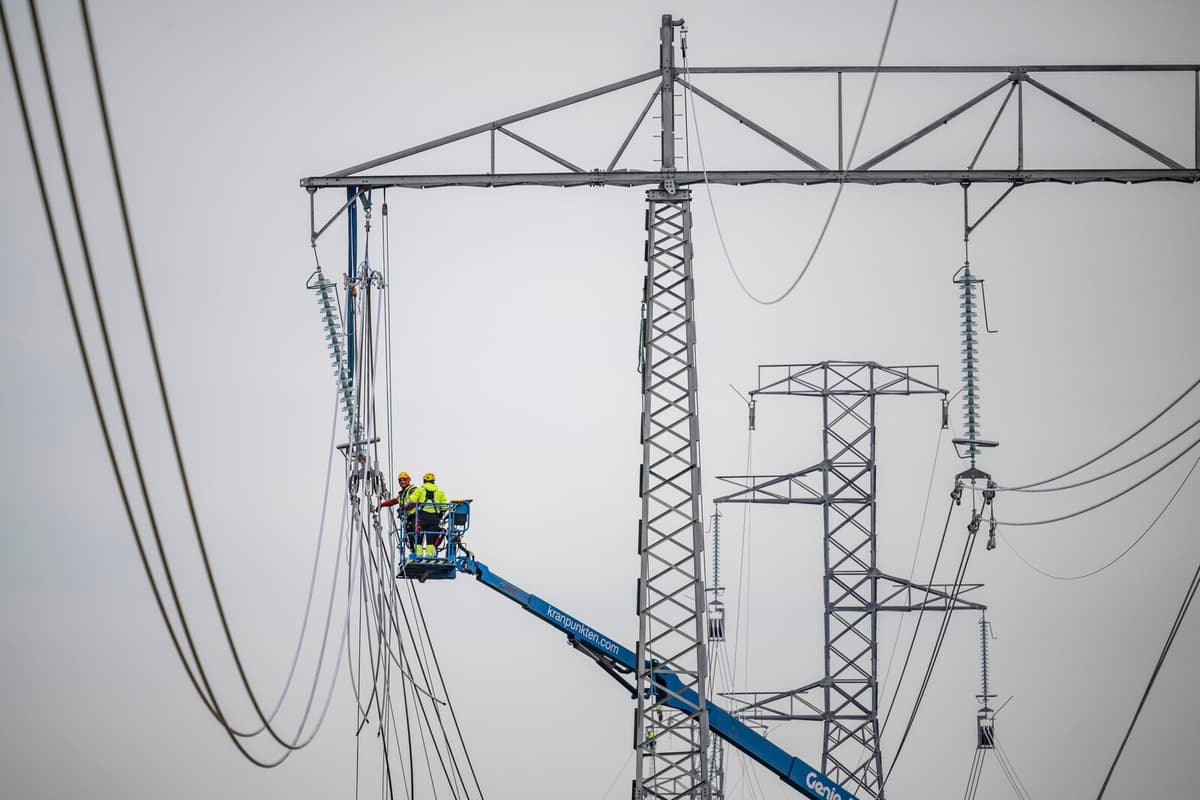Even before, from the time the Russians' large-scale war against Ukraine began, all electricity trade with the Russians was terminated. But the Baltic states' power grid is still connected to the Russian one until Saturday, which has created stability in the network.
This weekend, what has been prepared for over ten years is happening. It's about the Baltic states wanting to break free from the Russian area, says Pontus de Maré.
Can Collapse
In a transitional phase, the Baltic countries are left without being connected to a larger so-called synchronous area. Tests will be conducted before the planned connection to the Central European power grid on Sunday, via Poland.
During this phase, the Baltic states are largely left to themselves, with the risks that entails if something goes wrong. Then the power system can collapse if things go badly.
It is, among other things, here that Sweden comes in with the major submarine cable Nordbalt, between the Småland east coast and Klaipéda in Lithuania. It can provide stability to the Baltic power grid, which becomes extra important this weekend when the Baltic countries temporarily become an electrical island.
The Nordbalt cable has a very positive effect, among other things, on electricity prices and supply security in the Baltic region, says de Maré.
Suspected Sabotage
The Swedish-Baltic power cable also became even more important in connection with the fact that a power line on the seabed between Estonia and Finland, Estlink 2, was disconnected due to suspected sabotage, which was noticed during the Christmas holidays.
An additional effect of the Baltic states' disconnection from Russia is that Kaliningrad is isolated and becomes a small electrical island, with the risks of instability that it entails.






